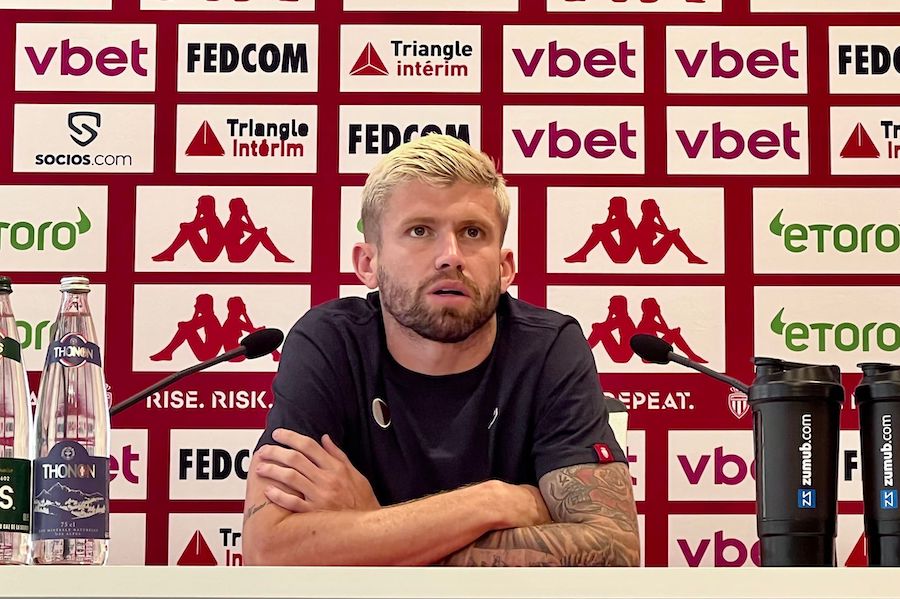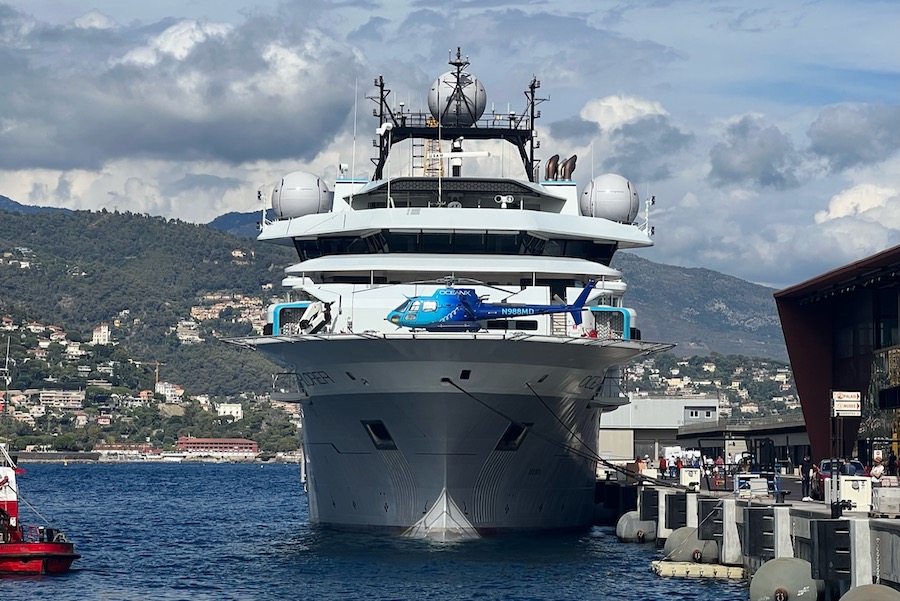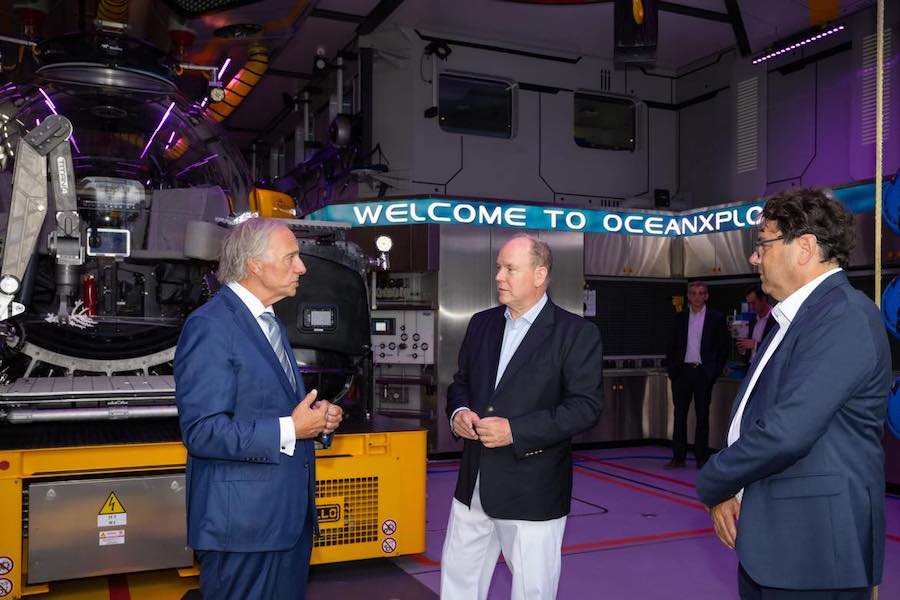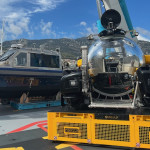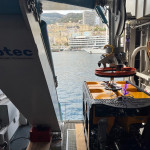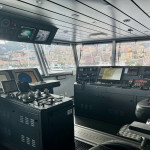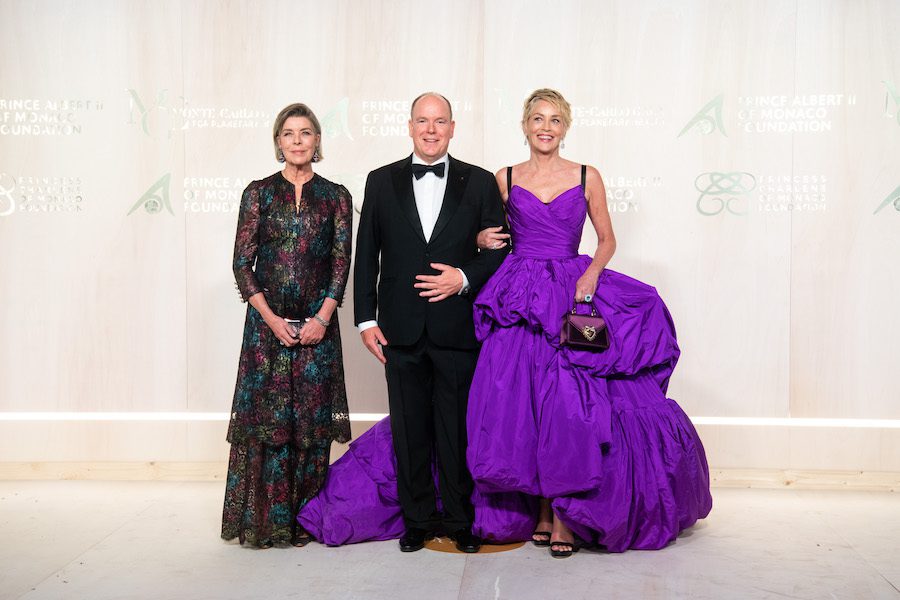AS Monaco head into the Côte d’Azur derby against Nice in need of a win, not just for tribal pride, but also to close the growing gap between themselves and the European-chasing competition.
Both Monaco and Nice have endured difficult starts to the season, and sit 16th and 15th respectively, tied on five points and separated only by goal difference. However, as manager Philippe Clement pointed out in Friday’s pre-match press conference, the Principality haven’t had an easy run.
“Our calendar was the most difficult of any team in France,” said the Belgian coach. The side have already had tough fixtures against four of last season’s top eight in the first five days. However, they come into the derby clash on the back of a surprising defeat against Troyes. The notable extenuating circumstance in that fixture is the refereeing performance, which elicited cries of indignation from within the club. Consequently, it is nowhere near time to press the panic button, and Clement sought to place the recent run of form into its context.
Asked about the eight-point gap to PSG, Clement says it is much too early to start drawing up any kind of report. “There are still 33 matches. You can do a review after the first half of the season, when everyone has played everyone else, but not now.”
Nonetheless, the club are looking to turn the page. Clement revealed that he sensed disappointment within the group as recently as yesterday, but he added, “Sunday is another match.”
Monaco left-back Caio Henrique told Monaco Life that the derby could represent a turning point for the side. “I think that the team has the correct mentality for this match. We know the importance of the game. I think if we win, it can set us on a run of victories, and launch our season because winning a classic against your rival can give you a good feeling.”
Monaco come up against a Nice side, who have been unpredictable in the opening gameweeks of the season. The club have seen massive upheaval during the summer break, losing their manager, sporting director, as well as reconstructing the team itself. Clement described Lucien Favre’s Nice as “a team in transition,” although he added that they remain a team with “European ambitions,” just like Monaco.
Clement will have almost a full-strength squad to pick from. He will be without Kevin Volland, who is likely to be sidelined for around a month, as well as Myron Boadu, who despite returning to training with the ball at his feet, is not yet ready to feature. Clement’s side may come up against a familiar face in the shape of Sofiane Diop, who only joined Les Aiglons from Monaco a matter of days ago, whilst a the re-formed Gaëtan Laborde-Andy Delort duo could pose Monaco’s back line issues, which will be without the suspended Guillermo Maripán.
Points and regional pride are up for grabs at the Allianz Riviera on Sunday, as both sides look to “launch” their stuttering seasons.
Photo of Caio Henrique by Monaco Life
